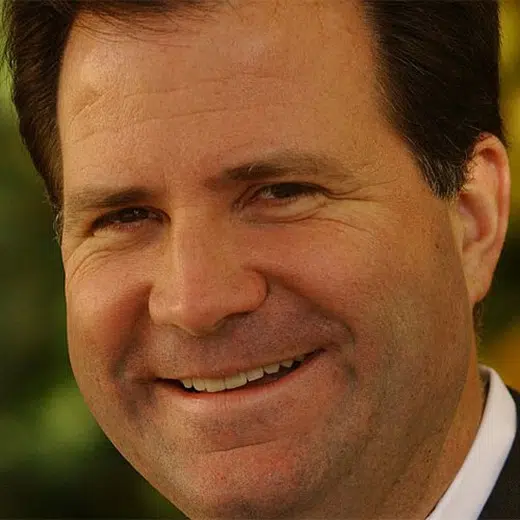MADRID (Reuters) – Teachers in the Spanish city of Bilbao staged a one-day strike on Tuesday to protest against their regional government’s response to the COVID-19 crisis, while health workers in Madrid took to the streets to demand better working conditions.
Protesters are demanding more staff and support from authorities as the recent surge in cases, at a time when pupils are returning to schools, prompted concerns about further infections.
The health ministry reported 3,022 new coronavirus infections and 19 deaths in the past 24 hours.
The number of cases was little changed from Monday’s in an apparent stabilisation after a steady surge that began in July and peaked at around 12,000 cases 11 days ago.
The infection numbers are updated retroactively and have often ended up exceeding the initial daily tally by thousands. Spain’s cumulative number of cases, at 603,167, is the highest in Western Europe. The number of deaths exceeded 30,000.
Bilbao’s teachers unions called for staff numbers to be bolstered after regional authorities shut a primary school in the northern Basque Country on Sept. 10 after several teachers tested positive.
“We are going through a situation in which we have to apply a protocol that many of us don’t support and moreover we don’t have the resources to do it,” teacher Garazi Pizarro told Reuters.
Teachers’ unions and parent groups have criticised the government for making health and safety plans at the last minute, but Education Minister Isabel Celaa said the reopening had gone well, with cases detected in only a few dozen places.
Separately on Tuesday, health workers in the Spanish capital protested against what they said was a lack of support from regional health authorities, and also called for better working conditions.
“We have a human problem. If health workers are already starting to get sick in September, we don’t want to imagine what it will be like in December,” said ICU nurse Victor Aparicio, as nurses and doctors blocked roads near Madrid’s Gregorio Maranon hospital, holding banners and chanting.
(Reporting by Marco Trujillo, Vincent West, Miguel Gutierrez, Writing by Andrei Khalip, Victoria Waldersee; Editing by Mike Collett-White)






